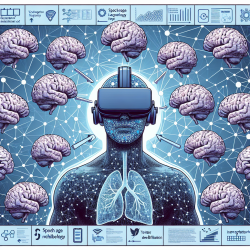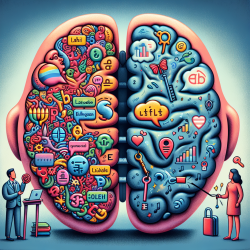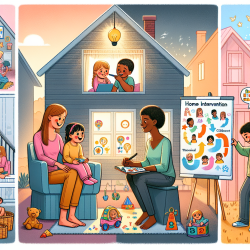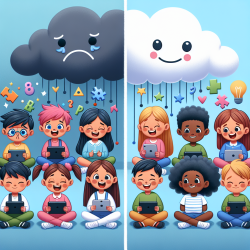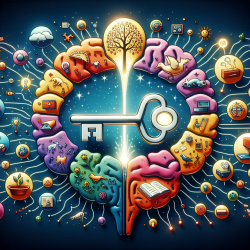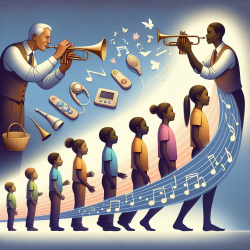Virtual reality (VR) is an emerging tool in brain injury rehabilitation, yet its adoption and effectiveness remain underexplored. A recent study titled "Exploring Discussions About Virtual Reality on Twitter to Inform Brain Injury Rehabilitation: Content and Network Analysis" provides valuable insights that can inform clinical practice and guide further research.
Key Findings from the Study
The study analyzed 70,051 tweets containing the hashtags #VR and #VirtualReality over a six-week period. Key findings include:
- Only 4.48% of tweets discussed VR in healthcare, with a mere 0.19% focused on brain injury rehabilitation.
- Most tweets related to VR in healthcare were pass-along tweets, sharing information rather than direct experiences.
- Common themes included VR in medical training, mental health, and pain management, but less so in brain injury rehabilitation.
Implications for Practitioners
Practitioners can leverage these insights to enhance their use of VR in brain injury rehabilitation:
- Engage with the Community: Follow and participate in relevant Twitter discussions to stay updated on the latest VR applications and research.
- Address Technical Challenges: Be aware of common issues like VR sickness and hardware limitations, and seek solutions from the broader VR community.
- Promote Interconnected Networks: Encourage more robust discussions and networking among healthcare professionals on Twitter to share experiences and best practices.
Encouraging Further Research
The study highlights the need for more research focused on VR in brain injury rehabilitation. Practitioners can contribute by:
- Conducting User-Based Research: Engage patients in the design and testing of VR applications to ensure they meet the specific needs of brain injury rehabilitation.
- Sharing Findings: Use platforms like Twitter to disseminate research findings and practical insights, fostering a collaborative environment for continuous improvement.
To read the original research paper, please follow this link: Exploring Discussions About Virtual Reality on Twitter to Inform Brain Injury Rehabilitation: Content and Network Analysis.
